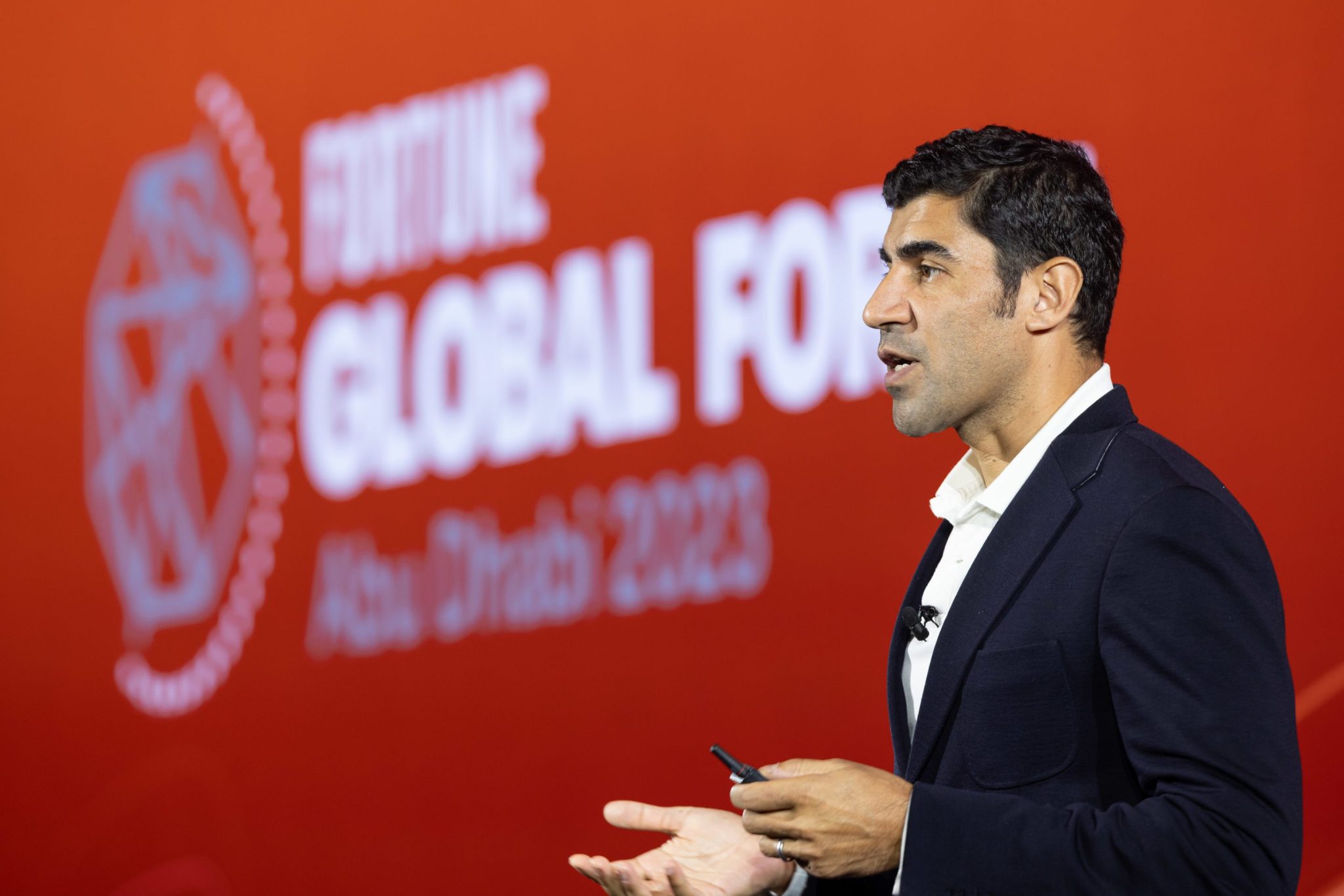
Good morning, Peter Vanham here in Abu Dhabi.
If you can’t beat it, adapt to it. That's a key takeaway from the Fortune Global Forum that just ended here in the UAE, where participants discussed climate and technology ahead of the UN climate summit starting later this week in Dubai.
Across several panels, executives pointed to the fundamental ways their companies are adapting to a new era marked by net zero carbon emissions targets while also adopting new business models based on AI and other disruptive technologies. Some excerpts:
Digitization and decarbonization go hand in hand. Our strategy is decarbonized growth. We have a 2030 target, and a clear pathway to achieve it.”
— Moosa Al-Moosa, president, Middle East and Turkey for Dow.
“There is no trade-off. I wouldn’t have said this five years ago. But the way we see governments acting, the way we see customers behaving: it make us optimistic.”
— Walid Sheta, president, Middle East and Africa for Schneider Electric.
“The combination between digital adoption and sustainability is unique in building a competitive advantage.”
— Siemens Middle East CEO Helmut von Struve.
While the structural changes underway may not be too little if these transformations continue, they will most likely come too late to prevent global warming and an increase in extreme weather events, participants said.
Earlier this morning, for example, investor Ray Dalio pointed to climate change as one of the five mega-trends shaping the future of the global economy, including the rise and fall of its dominant empire.
“Drought, floods, and pandemics: Climate is a major force,” he told Alan Murray in a wide-ranging interview. “Whatever is done or not done, it’s going to be very costly.”
Faced with this costly reality, author and entrepreneur Parag Khanna suggested it is time for business and government to move from only climate mitigation to a much larger focus on climate adaptation.
“It’s not going to start raining in Mali tomorrow because today you drive more Teslas in France,” Khanna told me. “So it is in many ways unethical to focus only on achieving net zero and ignoring the plight of the billions of people who are already suffering from climate stress today.”
The solution, he suggested, is to “balance out” climate mitigation and adaptation. Today, he said, 95% of efforts go to mitigation. That ratio should tilt much more to adaptation, including among people and businesses in the U.S. or Europe making investment decisions about their own lives and livelihoods.
Remember, he said in a presentation, “The climate is not going to adapt to us. We have to adapt to it.”
More news below.
Peter Vanham
peter.vanham@fortune.com
@petervanham







